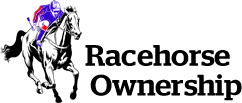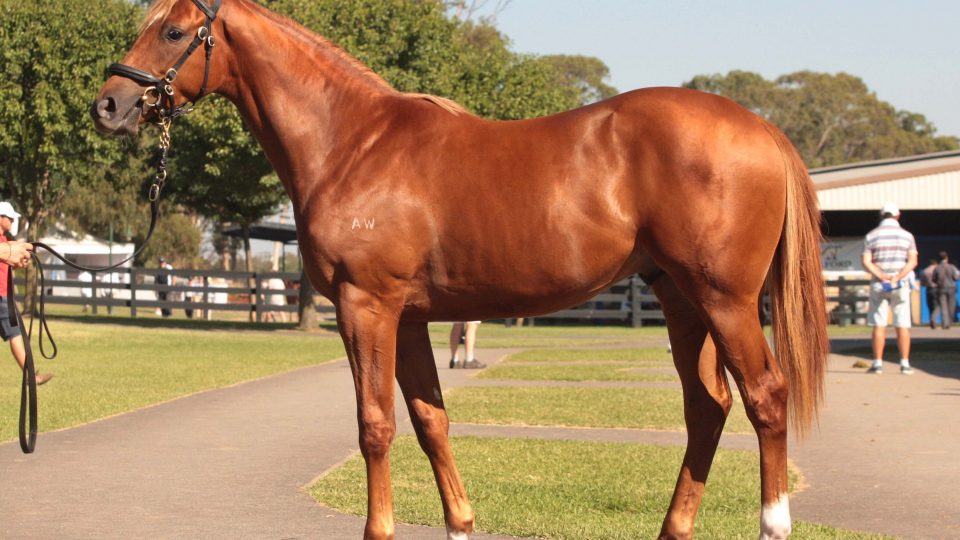5 Tax Tips Before Buying Your First Yearling
I’m sure there are many of you out there contemplating your first yearling purchase in the months ahead. Good luck to all of you and enjoy the ride!
However, what many overlook is the tax considerations that should be considered before the first investment is made – for many this investment can be in the many thousands of dollars. Get the tax ins and outs of this investment wrong and you can imagine the tax that may find its way to Wayne Swan instead of remaining in your bank account….
To try and get you all off on the right tax note, I provide below 5 important tips for new buyers of yearlings.
Tip 1: Find out – are you a business or hobby?
This is a crucial question as it will determine whether:
- Your activities will be subject to income tax. Especially crucial as tax losses may be incurred in the formative years and a deduction for these will be most welcome; and
- Your activities will be eligible for GST registration. GST is generally levied on the sale of horses and everyday maintenance and training expenses, thus registration will allow the claiming back of these GST amounts.
ATO tax ruling TR 2008/2 is a good reference in determining this issue. If wanting to start a tax business, I would also draft a Business Plan demonstrating how you will be profitable in the future as it will help enormously with any ATO review of your activities.
Tip 2: If you are a “hobbyist”, consider Capital Gains Tax (CGT) exemption
There is a popular myth out there that a hobby owner does not pay CGT on the profitable sale of a horse. This is simply not the case.
However, there can be some joy if proper planning takes place. Under the CGT laws, a racehorse (or share in a racehorse) acquired for $10,000 (inc. GST) or less is exempt from CGT when sold.
Accordingly, if buying a horse with your spouse or partner, give consideration to joint ownership if it means that your respective shares cost less than $10,000 each, e.g. if a horse costs $19,250, it should be owned 50/50 so each person has a cost base of $9,625 (50% @ $19,250).
Tip 3: Use the right tax structure
If you are a tax business and can take advantage of tax losses in the early years, give thought to buying in a structure where these losses can be used immediately to offset against your other income. e.g. a partnership of you and your spouse/partner or in your own name. N.B. If asset protection is your main priority, this may not suit.
If buying as a “hobbyist”, give thought to buying jointly to take advantage of the CGT exemption (see above). Furthermore, be mindful that buying in a company will not give you access to the general 50% CGT discount.
Lastly (and this is often overlooked), a racehorse (i.e. a personal use asset) held by an individual does not get counted in determining if your net asset value is within the $6 million requirement so as to enable access the CGT Small Business Concessions.
Tip 4: Losses may not be automatically deductible – review
Even where you meet the tax business criteria at Tip 1, a tax loss may not be automatically deductible if you do not meet the “Non-Commercial Loss” rules, thus I urge you and/or your adviser to review these rules prior to entering the market.
If your “Adjusted Taxable Income” (ATI) is less than $250,000, four objective tests need to be met before a loss deduction can be claimed or special grounds for relief are met (see below).
Per the latest 2009 Budget, if ATI is over $250,000, the loss cannot be claimed immediately unless a special viability request is approved by the ATO or special circumstances prevented a profit from occurring.
Tip 5: Have your buying structure ready
Under the GST “attribution” rules, GST can only be claimed by the entity that acquired the horse.
Accordingly, a tax business should have the appropriate structure ready before you buy the horse(s). I have often seen instances where a horse is acquired by an individual and in the ensuing weeks/months, the structure is set-up to ultimately hold this horse and other tax business horses acquired. However, as the horse was acquired by the “hobby” individual, no GST can be claimed on the original purchase.
You are welcome to contact me if you wish me to clarify or expand upon any of the matters raised in this article.
DISCLAIMER
Any reader intending to apply the information in this article to practical circumstances should independently verify their interpretation and the information’s applicability to their particular circumstances with an accountant specialising in this area.
Prepared by:
PAUL CARRAZZO CPA
CARRAZZO CONSULTING CPAs
22 BLACKWOOD ST, NORTH MELBOURNE VIC 3051
TEL: (03) 9329 7044
FAX: (03) 9329 8355
MOB: 0417 549 347
E-mail: paul.carrazzo@carrazzo.com.au
Web Site: www.carrazzo.com.au


